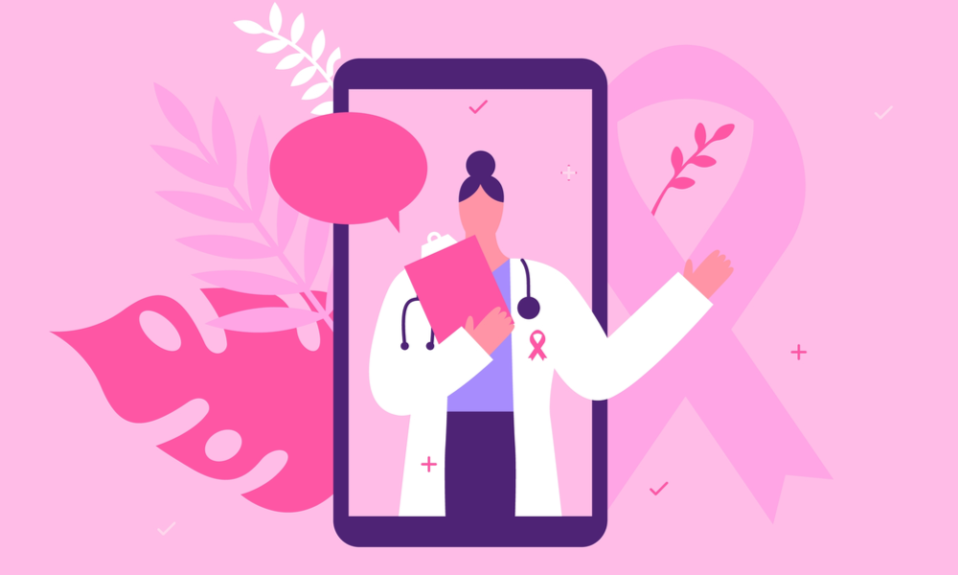- Early periods (before age 12) or late menopause (after the age of 55)
- Not having children or having them later in life (after the age of 30) *
- Family history – Having a parent or sibling with breast cancer roughly doubles a woman’s individual risk. However, most women (over 85%) who get breast
cancer do not have a family history of this disease. - Use of birth control pills – This risk seems to return to normal over time after the pills are stopped*
- Not breast-feeding – Women who continue to breastfeed for 1½ to 2 years are at slightly lower risk.*
- Personal history – survived breast cancer, had certain benign breast tumors, or have had radiation to the chest are at higher risk for new breast cancer (which is different from recurrence)
- Alcohol use – Women who have 1 alcoholic drink per day have a very small increase in risk, but women who have 2-5 drinks per day have a 50% increase risk compared to women who do not drink alcohol.
- Hormone therapy after menopause – Especially combined estrogen / progesterone therapy
- Received DES (diethylstilbestrol) during pregnancy – common from the 1940s to 1960s, affects both recipients and daughters in the womb
- Obesity – After menopause, fat cells produce most of a woman’s estrogen. Also, persistently high insulin levels are linked to breast cancer.
*Thought to increase risk because these women experience a higher lifetime number of menstrual periods.

